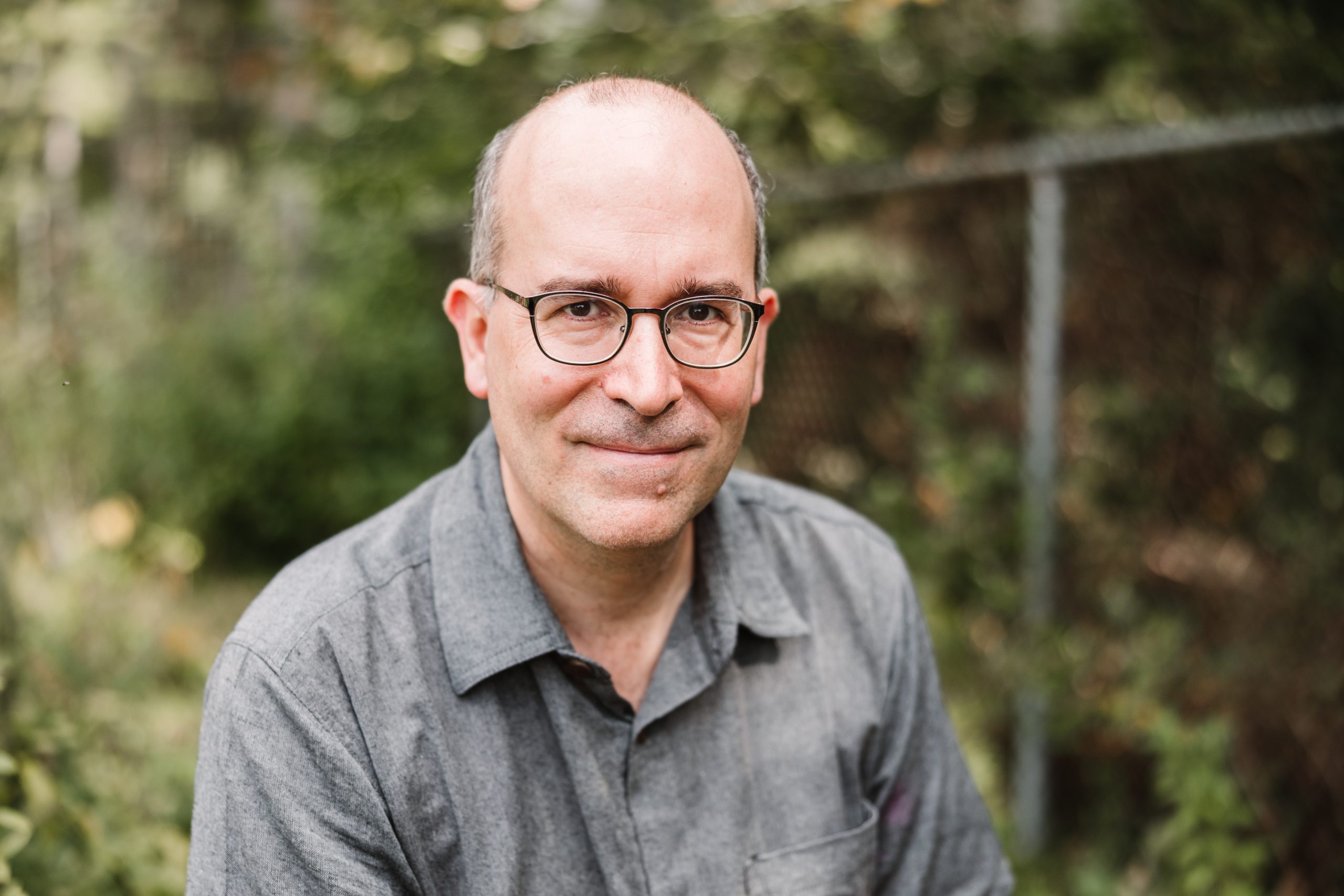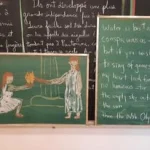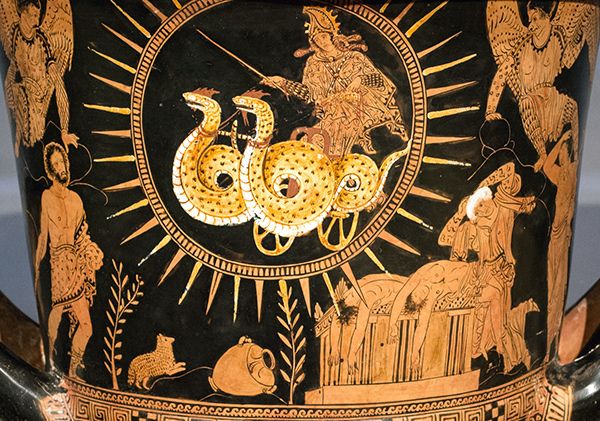Quo vadis, Peregrine?
“There is nothing more difficult to plan, more doubtful of success, nor more dangerous to manage than a new system. For the initiator has the enmity of all who would profit by the preservation of the old institution and merely lukewarm defenders in those who gain by the new ones.” — Niccolo Macchiaveli, The Prince
Current trends in language education focus learners on communicative capacity. Languages are taught as “tools” for communication, self-expression and “cultural discovery”. Largely absent from these considerations : where do the languages we speak and the words we use come from? And if languages have histories, what might be their possible future trajectories?
Learning a modern language without awareness of its ancient roots is like navigating a river without knowing its bed. To truly master a language, one must not only know how to navigate it but also understand what guides its course.
“Like the river that finds its way thanks to the ancient bed that carries it, living speech flows, guided by the millennial foundation of the languages that preceded it.”

Gilles Roy
Educator & Writer







